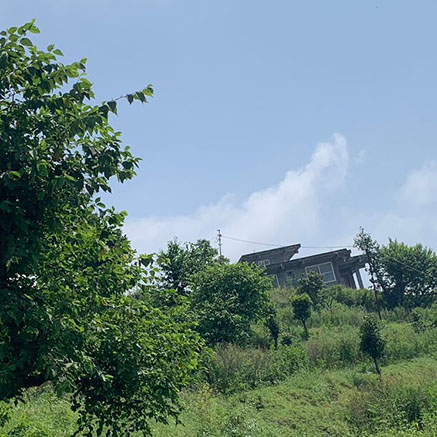Many females contend with pelvic floor difficulties, including urinary incontinence and pelvic organ prolapse – when pelvic organs drop due to debilitated muscles and skin. One sign of pelvic organ prolapse is urinary incontinence.
Close to 40 percent of females over age 60 account for urinary incontinence. There are two categories: stress incontinence and urge incontinence. Stress incontinence ensues when you cough, sneeze or exert yourself and experience a leak. Urge incontinence is not connected to activity, but is an irrepressible and recurrent urge to urinate.
Mild uterine prolapse consequences in minimal descent of the uterus, ensuing in few signs. A female who practices mild uterine descent may not need any treatment at all. In contrast, moderate-to-severe descent will cause uneasiness and a lower quality of life. For example:
- The individual may feel heaviness in their pelvis as if a heaviness is trying to push past the pelvic floor
- When seated, the individual may feel as if they are sitting on a small ball
- The female may experience looseness in their vaginal wall
- Urinary incontinence
- In severe cases, a female may have trouble with bowel movements
- Severe cases of uterine prolapse may consequence in material protruding from the vagina
When the signs of uterine descent disturb an individual’s daily life, it is time to pursue help. Left untreated, these signs can cause difficulties.
Possible Difficulties from Untreated Uterine Descent
- Displacement of the vaginal lining
- Prolapse of the bladder
- Prolapse of the rectum
If you are suspicious, you may have uterine prolapse, do not delay getting a detailed inspection and prompt treatment from Kalptaru Herbal Therapy Centre.











